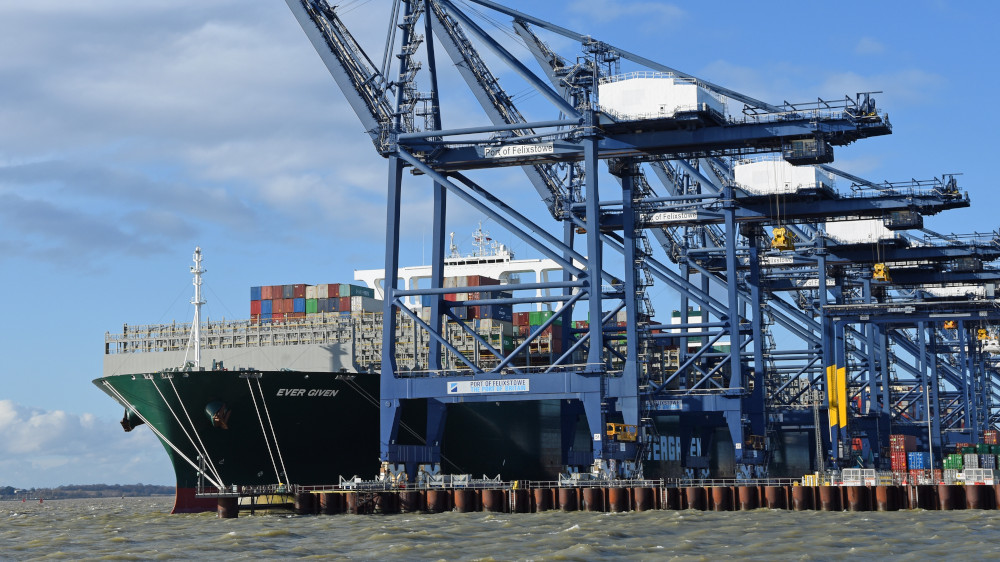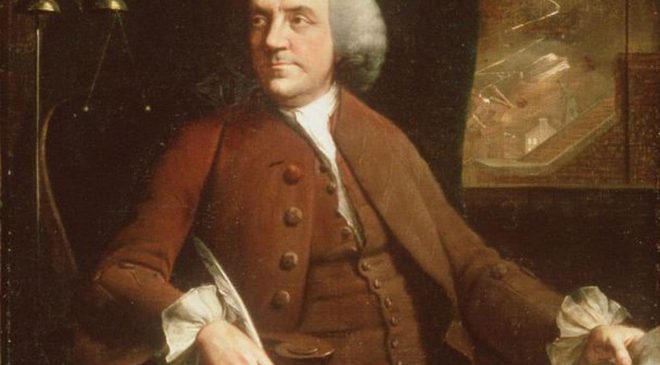“Slowly but surely,” Neal Freyman reports at Morning Brew, “the supply chain bottlenecks that have plagued the global economy for over a year appear to be easing — or at least have been circumvented.”
That’s good news for an American economy damaged by nearly nearly two years of shutdown, lockdown, and slowdown driven less by the COVID-19 pandemic itself than by the pandemic’s attendant, politically encouraged mass hysteria and hygiene theater.
Not too long ago, the prospects for a big Black Friday and Cyber Monday looked pretty bleak. Now, major retailers report recovering inventory levels while major auto-makers report a draw-down of the chip shortage that shut down assembly lines. Ships are once again getting unloaded, and shipping containers hauled to their destinations.
Lest politicians attempt to take credit for the apparent recovery, let’s be clear: Government did nothing but get in the way, and is doing its utmost to remain in the way. This hopeful recovery is driven by market actors, doing what market actors do.
John Gilmore, founder of the Electronic Frontier Foundation, famously said that the Internet “interprets censorship as damage and routes around it.” So far, despite the best efforts of politicians to bring it under their control, that remains true.
Market actors, likewise, interpret anything that disrupts their attempts to profit — by bringing products and services to paying customers — as damage and respond by finding ways around those obstacles.
When government outlaws something — heroin, for example — “black” markets spring up to provide it.
When government taxes something so heavily that it becomes unaffordable — cigarettes in New York City, for example — “gray” markets spring up to provide it sans those taxes.
When government — California, for example — regulates something so ham-handedly that shipping containers stack up because all trucks operating in the state must be less than 10 years old and driven by corporate employees rather than owner-operators – market actors buy new trucks, increase their use of rail transport, and seek less restrictive port locations.
Even in central planning hell-scapes, markets spring up to at least partially make good on the damage government does. At the height of the Cold War, young people in the Soviet Union bought up American blue jeans as fast as they could be smuggled into the country. Even as their government starves them, North Koreans consume western media from smuggled flash drives.
As Jeff Goldblum’s character in Jurassic Park, Dr. Ian Malcolm, puts it concerning supposedly non-reproducing dinosaurs, “life finds a way.” Markets are one of the best examples of that phenomenon.
If Joe Biden wants to claim any credit for the burgeoning economic recovery, he should encourage and strengthen that recovery by following the examples of predecessors like Jimmy Carter, Ronald Reagan, and Bill Clinton. That is, he should pursue deregulation and free trade instead of continuing down the damaging protectionist path blazed for him by Donald Trump.
Markets will find a way with or without the politicians’ cooperation, but standing aside means more prosperity, and faster, than trying to fight the inevitable.
Side note: Morning Brew, cited in this column, is a free daily email newsletter covering business/market developments … and I earn swag like mugs and t-shirts by referring subscribers. Click here to help put a new t-shirt on my back!




